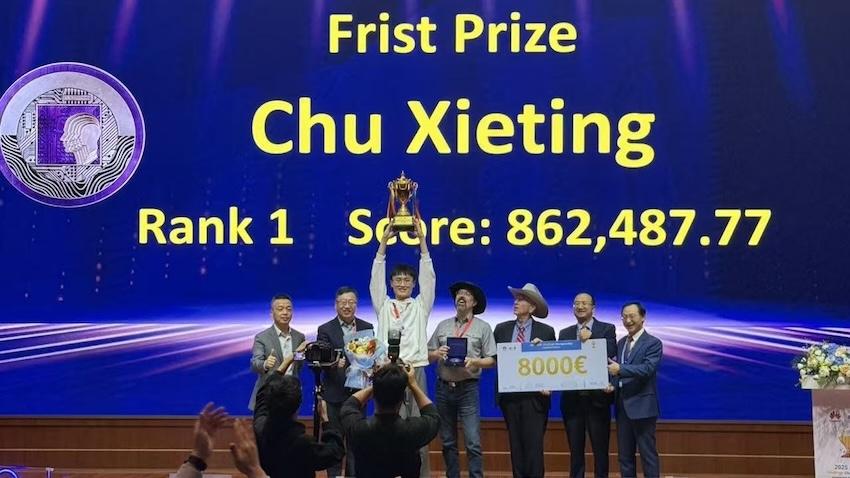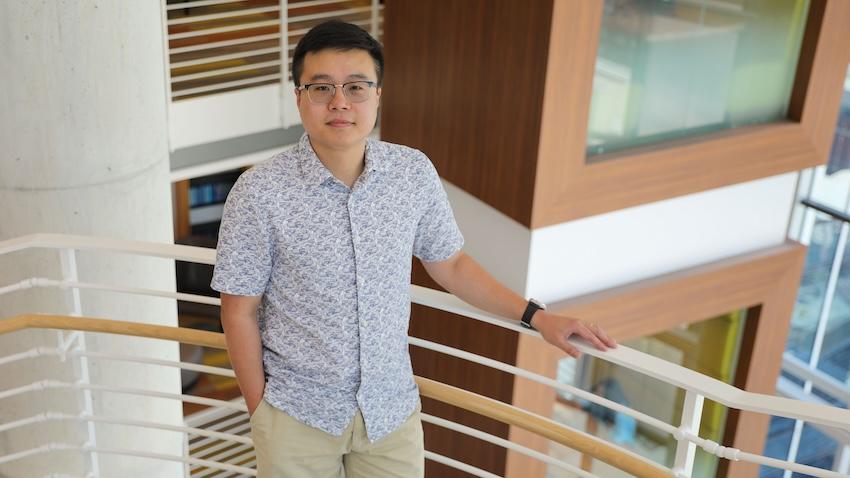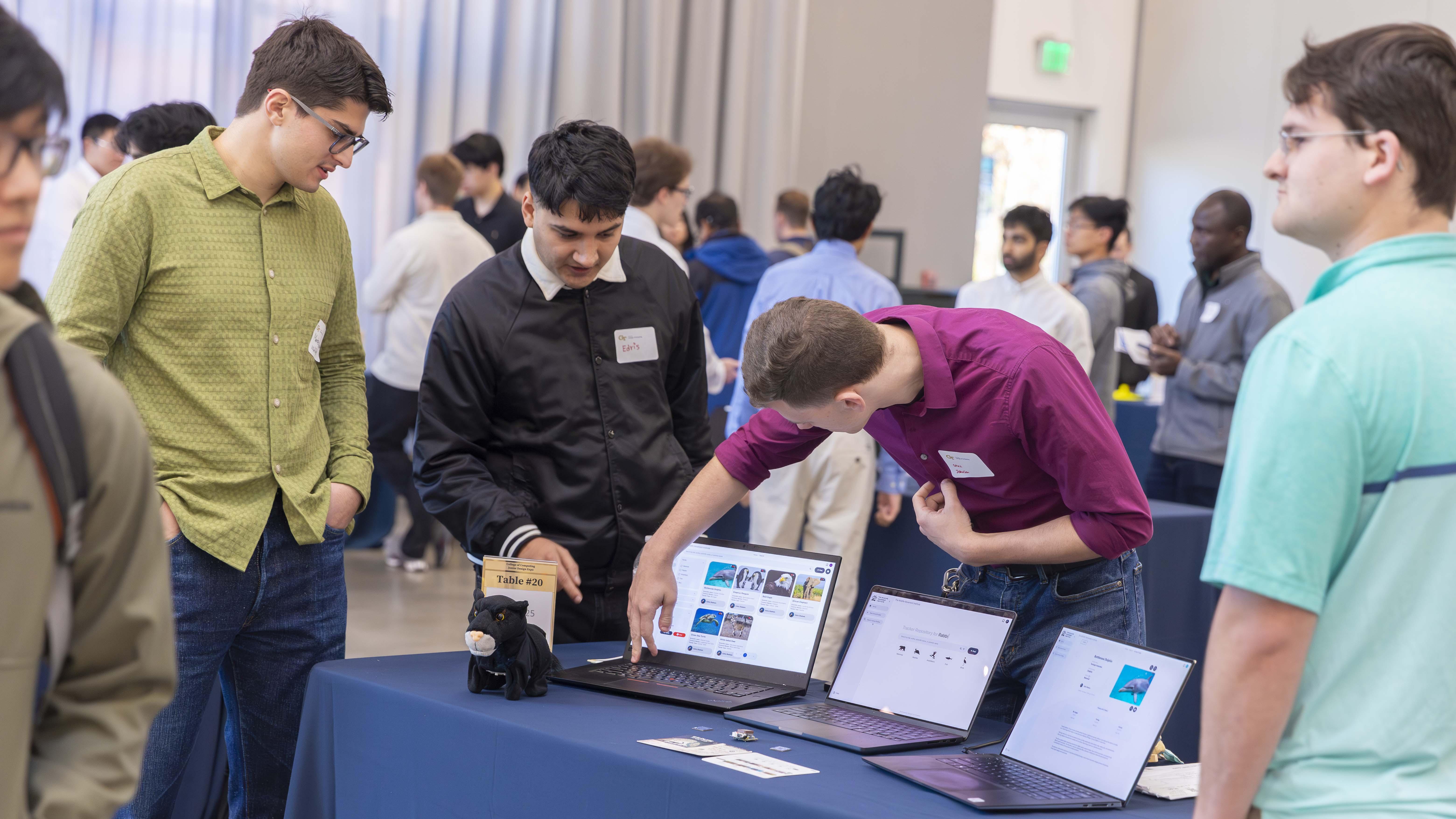
Conference Connects Technology Research and Policy
Several Georgia Tech researchers took part in the recent Research Conference on Communications, Technology, and Internet Policy (TPRC).
TPRC focuses on issues in communications and the Internet, with participants from a broad range of fields, including computer science, policy research, and economics.
Assistant Professor Cecilia Testart has served on the program committee of TPRC for the past two years. Testart, a joint faculty member between the School of Computer Science and the School of Cybersecurity and Privacy, said that the conference’s goal is to understand how communication networks such as the Internet interact with society and policy.
Testart said the conference has tried to include more computer science research in recent years and as a result participation from CS researchers has gradually increased. Testart believes Georgia Tech’s presence at the conference is due to its emphasis on the relationship between technology and society.
“When you start thinking about societal topics, this leads to policy. And as experts, we have a responsibility to collaborate with those who create policy that impacts telecommunication regulations,” Testart said.
Security in Routing
In addition to her role on the program committee, Testart has a paper at the conference focusing on resource public key infrastructure (RPKI). RPKI is a framework that provides networks with a system to validate routing data cryptographically. Currently, around 50% of routed IP address blocks are in the system.
The paper, The Role of RIRs in RPKI Adoption, focuses on Regional Internet Registries (RIRs), which delegate IP address space across five geographical zones, and the critical role they play in security measures in RPKI. The researchers conducted in-depth interviews with network engineers to examine RIR’s implementation of RPKI infrastructure and identify ways to improve routing security.
Testing Satellites for Emergencies
Another contribution from Georgia Tech, titled Are LEO Networks the Future of National Emergency Failover? - A Quantitative Study and Policy Blueprint analyzed how effective low earth orbit (LEO) satellites are in wide-scale outages.
Georgia Tech authors include Senior Research Scientist Zachary Bischof, Associate Professor Alberto Dainotti, Assistant Professor Ahmed Saeed, and students Vaibhav Bhosale, Sameer Kapoor, Robin Kim, Miguel Schlicht, Muskaan Gupta, and Ekaterina Tumanova.
To test the usefulness of LEO satellites in emergencies, the researchers created a simulation of Starlink’s global network and tested it based on real-life outages. The group found that while satellite networks are helpful, their scale is limited and does not provide a complete solution to wide-scale infrastructure failures.
For more information on Georgia Tech’s activities at TPRC 2025, please visit this link.


